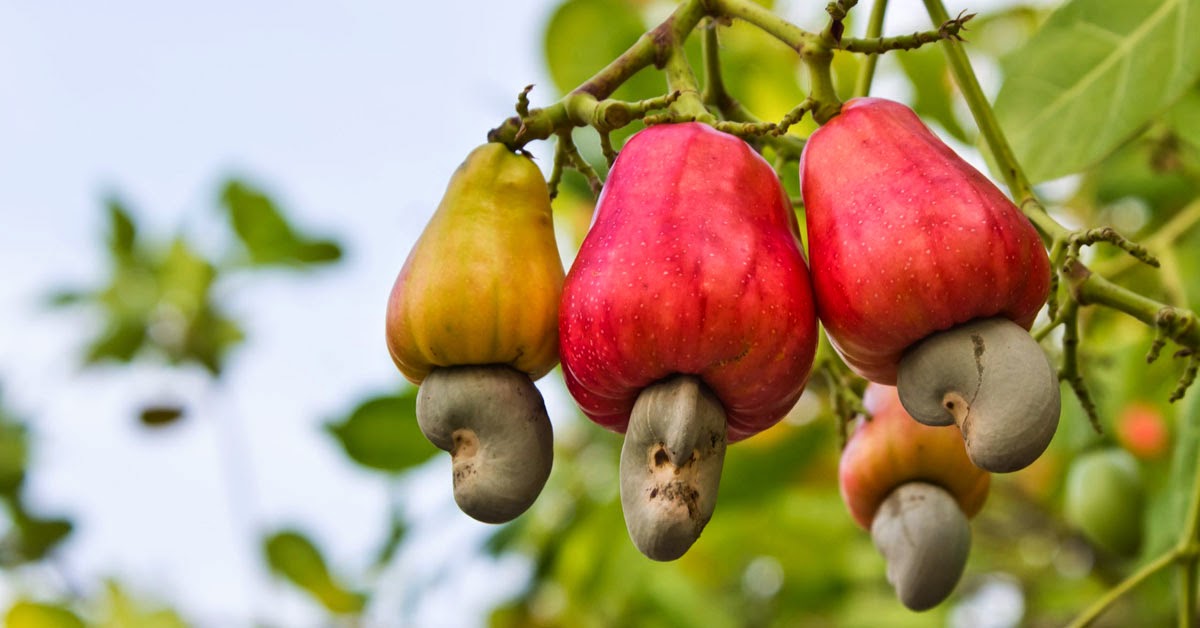- Stop Cashew Smugglers, Traders Urge Govt
The National Cashew Association of Nigeria (NCAN) has raised the alarm over the invasion of the cashew nuts business. It urged the Federal Government to stop smugglers of the product for the traders’ sake.
The group said some unscrupulous businessmen had been depriving the country of huge revenue, urging the government to curb the trend.
According to NCAN, smugglers were making cashew nuts business difficult for traders.
Investigation revealed that over 50 per cent of cashew nuts produced in the country were being smuggled through Kwara, Oyo and Ogun states to Benin, Ghana and Mali, from where the nuts are exported to India and Vietnam.
A member of the group, Mr Ajayi Emmanuel, said Benin Republic, Ghana, Gabon and Cote d’Ivoire had become major markets where the crop fetches a premium in the international market for smugglers.
He alleged that the merchants receiving the smuggled commodity were branding Nigerian cashew as their own farm product, saying the illegal trend had weakened the nation’s export.
“Based on the activities of smugglers, the country lacks adequate tonnage of cashew going out through the land borders and because of the illegal trade, Nigeria has been losing huge sums of revenue.There is high concentration of smuggling of the product at the porous borders in Ogun, Oyo and Kwara states.
“The volume of the smuggled product is larger than those passing through the seaports legitimately,” he said.
He noted that this had affected the price structure of the commodity in the country.
He urged the government to intervene and block all the loopholes.
The exporter said the Federal Government should ban the smuggling of the product and asked the NCS and the NIS to enforce the law to create jobs for the youths.
Emmanuel explained that the neighbouring countries were earning the revenue from the product, which is supposed to come to Nigeria.
“The government should rise up and improve on the country’s border control. If there is proper control at the borders, the country would have proper data of the tonnage produced yearly, but right now, it is difficult to know the volume of cashew produced in the country,” he said.
Emmanuel said NCAN had its own taskforce to assist Customs and immigration in enforcing the law.
He recalled that in 2015, the country earned $253 million from 160,000 tonnes and, last year, cashew generated about $280 million to the economy.
Nigeria has capacity to produce 160,000 tonnes of cashew valued at N115.2 billion ($320 million).
Findings revealed that Vietnamese traders are interested Nigerian cashew nuts because they are of the highest quality in the West African.
But, there are indications that the country may only be able to supply more than 40 per cent of the total demand due to low capacity.
The price of the nuts has increased from $1,850 per ton to $2,000 since the beginning of the year.
The nuts are being demanded for the production of anti-bacterial preparations, varnishes, insecticides and car brake pads.
According to Vietnam Cashew Association (VCA), the global output dropped from three million tons to 1.5 million tons.
The association said at the moment, about two-third of the nuts in Vietnam’s cashew industry were imported.
A member of the association, Mr. Nguyen Duc Thanh, said: “The domestic cashew supply was not sufficient for processing needs in the first half of 2017, so the industry had to import from Nigeria and other West African countries.”
He noted that cashew processors were complaining that imported nuts were expensive, while the processed product prices remained unchanged, leading to low profit for them.

 Naira3 weeks ago
Naira3 weeks ago
 News4 weeks ago
News4 weeks ago
 Naira4 weeks ago
Naira4 weeks ago
 Naira3 weeks ago
Naira3 weeks ago
 Jobs4 weeks ago
Jobs4 weeks ago
 Travel3 weeks ago
Travel3 weeks ago
 Naira3 weeks ago
Naira3 weeks ago
 Investment4 weeks ago
Investment4 weeks ago






























